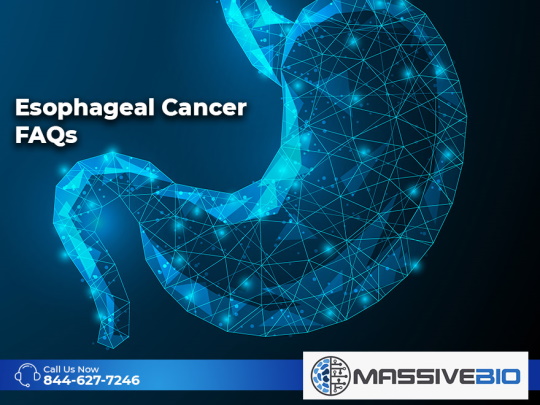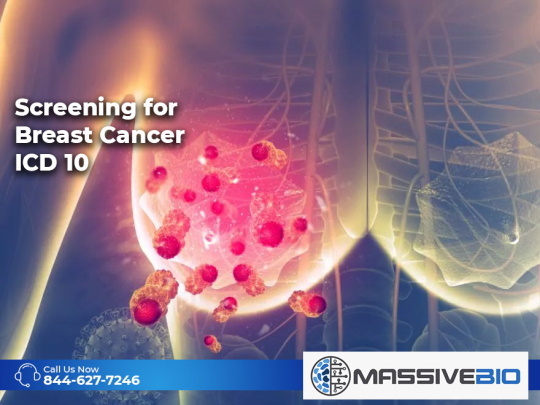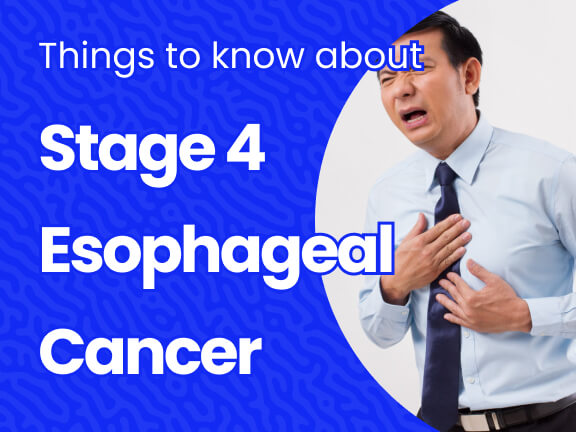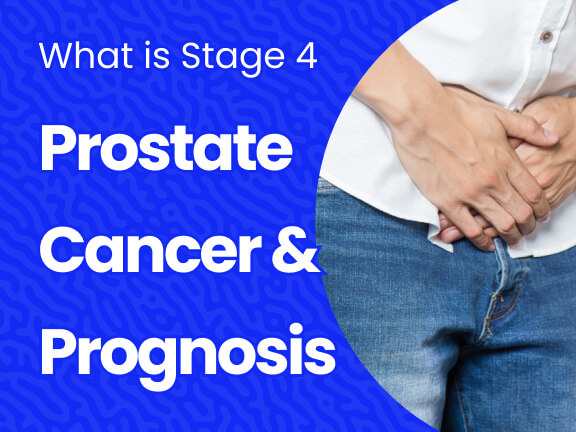What Is Esophageal Cancer?
Esophageal cancer starts when the cells in the lining of the esophagus begin to grow out of control. The esophagus is a hollow, muscular tube that connects the throat and stomach and carries food to the stomach. It is located behind the trachea and in front of the spine. At the top of the esophagus is a ring of muscle, called the upper esophageal sphincter, which relaxes to open the esophagus when it senses food or liquid coming toward it. At the bottom of the esophagus, another ring of muscle, called the lower esophageal sphincter, controls the movement of food from the esophagus into the stomach. Between meals, it closes to keep the stomach’s acid and digestive juices out of the esophagus. This ring of muscle is located at a location known as the gastroesophageal (GE) junction.
Esophageal cancer usually starts in the cells in the inner lining of the esophagus, and as it grows it spreads to the outer layers and beyond. The cancer can start anywhere along this inner wall, but there are two main types based on the type of cell it starts in: squamous cell carcinoma and adenocarcinoma.
Squamous Cell Carcinoma
Squamous cell carcinoma occurs in the squamous cells lining the inner layer of the esophagus, and usually occurs in the neck region and upper two-thirds of the chest cavity. It makes up about 30% of esophageal cancer cases in the United States.
Adenocarcinoma
Adenocarcinomas are cancers that start in gland cells (cells that make mucus) and are often found in the lower third of the esophagus, or at the GE junction.
What Are Esophageal Cancer Risk Factors?
There are many risk factors that can be linked to esophageal cancer. Though factors on the below list can increase risk, having any of these factors does not mean you will get esophageal cancer.
- Age: most esophageal cancers are found in people 55 and up.
- Gender: men are more likely to get esophageal cancer than women.
- Tobacco and alcohol consumption: use of both increases risk of developing both squamous cell and adenocarcinoma in the esophagus.
- Gastroesophageal Reflux Disease (GERD): this disease is very common, and many people do not have symptoms, or get cancer from it, but people with GERD have a slightly higher risk of developing adenocarcinoma of the esophagus.
- Other risk factors may include Barrett’s Esophagus, obesity, diet, physical activity, achalasia, tylosis, Plummer-Vinson Syndrome, injury to the esophagus, history of certain other cancers, and HPV.
What Are Esophageal Cancer Signs and Symptoms?
Esophageal cancer is usually found because people experience symptoms. Because the cancer is not usually identified until many symptoms are present, it is often found at an advanced stage, making it more difficult to treat. Having any of the below symptoms does not mean you have esophageal cancer, but if you are experiencing any of these symptoms, you should consult your physician to determine the cause. Common symptoms include:
- Trouble swallowing
- Chest pain
- Weight loss
- Hoarseness
- Chronic cough
- Vomiting
- Bone pain (if cancer has spread to the bone)
- Bleeding into the esophagus
- Fatigue
What Are Esophageal Cancer Treatments?
Esophageal cancer can be treated by localized and systemic treatments, depending on the specific cancer. Localized treatments treat the tumor in a specific location, without having major effects on the rest of the body. These treatments are more likely to be useful for earlier stage (less advanced) cancers, although they might also be used in some other situations. Localized treatments may include surgery, radiation, and endoscopic treatments.
Systemic treatments or therapies are drugs that travel through your whole system, allowing them to reach cancer cells almost anywhere in the body. Depending on the type of esophageal cancer, several different types of drugs might be used. Systemic treatments may include chemotherapy, targeted drug therapy, and immunotherapy, often in combination with each other. Examples of drug therapies recently approved by the FDA used for esophageal cancer are Pembrolizumab, Nivolumab, or Atezolizumab (TECENTRIQ), which target proteins in the body to help the immune system recognize and attack cancer cells. There are currently clinical trials for new targeted drug therapies for esophageal cancer using Atezolizumab combined with another drug therapy, Tiragolumab, to test the increased effectiveness of the combination.
How Do I Enroll in a Clinical Trial for Esophageal Cancer?
There are almost 500 clinical trials for esophageal cancer recruiting patients in the United States. With such a long list of trials, it is difficult to know which one is the most beneficial for you. Our team of patient relations coordinators and case managers, along with our artificial intelligence based clinical trial matching system will find the best option for your individual case. Find clinical trials here.
Sources:












